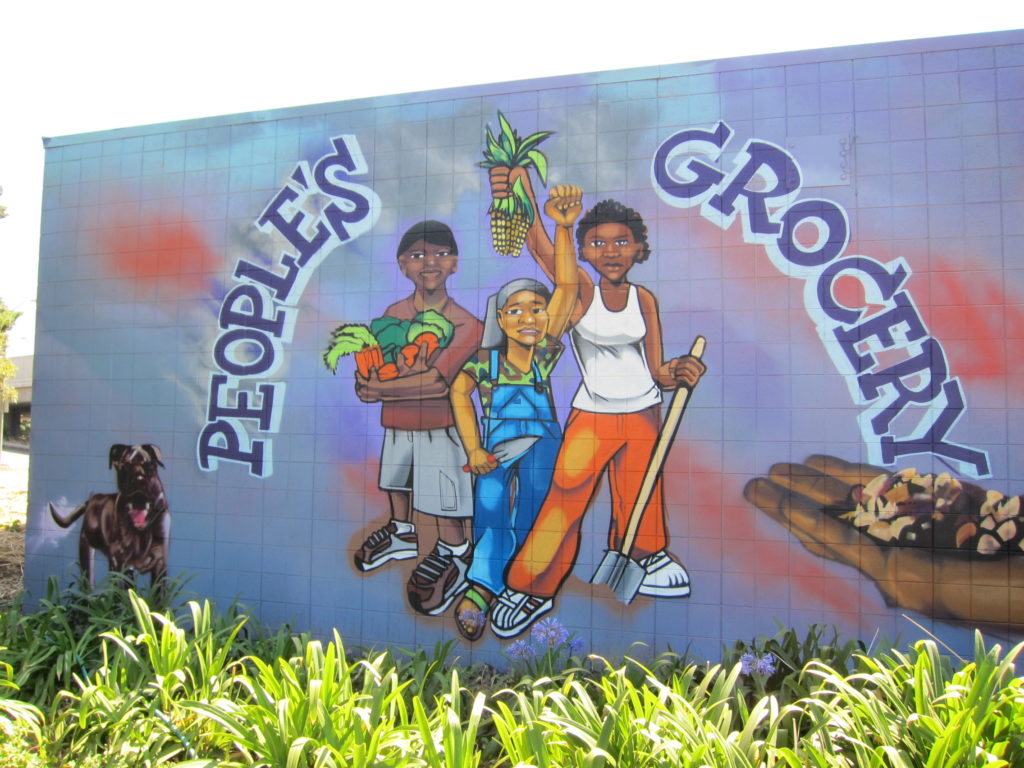Moving the Field of Food Justice Forward Through the Lens of Urban Political Ecology
 Food justice has emerged as a powerful social movement across the USA as well as an increasingly studied academic concept. In many circumstances, the food justice movement operates to reject the neoliberal mechanisms that dominate today’ s food system, but simultaneously needs to operate within this system (to a degree) in order to exist. The movement’ s engagement with larger neoliberal structures, such as the increasingly consolidated transnational food retail industry, can lead to it being co-opted. For instance, selective patronage campaigns focused on the local scale may create market mechanisms that are alternative to those of the conventional market by circumventing intermediaries, but they operate along similar lines of logic that fetishize the commoditization of food for profit.
Food justice has emerged as a powerful social movement across the USA as well as an increasingly studied academic concept. In many circumstances, the food justice movement operates to reject the neoliberal mechanisms that dominate today’ s food system, but simultaneously needs to operate within this system (to a degree) in order to exist. The movement’ s engagement with larger neoliberal structures, such as the increasingly consolidated transnational food retail industry, can lead to it being co-opted. For instance, selective patronage campaigns focused on the local scale may create market mechanisms that are alternative to those of the conventional market by circumventing intermediaries, but they operate along similar lines of logic that fetishize the commoditization of food for profit.
We propose that urban political ecology, mainly through its emphasis on process and outcome, offers a frame to keep both outcomes (such as food insecurity) and processes (governing entities and regulations) associated with food justice in mind, while not shifting the movement too far from its central objectives. Food justice, through an urban political ecology lens, can shed light on the symptoms of unjust access to food within the food system, while simultaneously bringing attention to the insidious causes of these problems, which are rooted in the commodification of food and deregulation of the marketplace.
Read the full paper: Agyeman and McEntee 2014